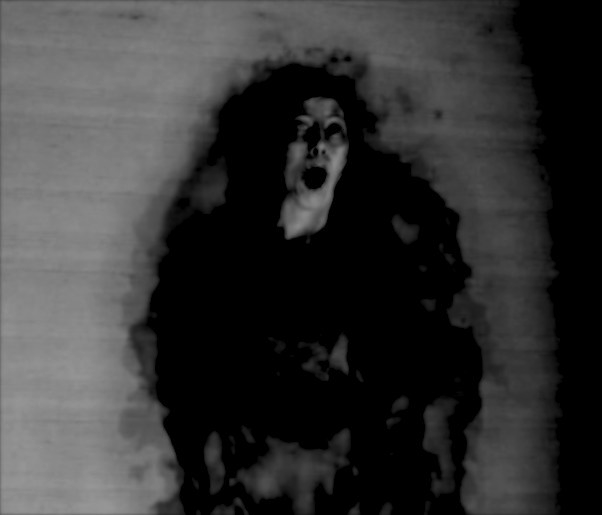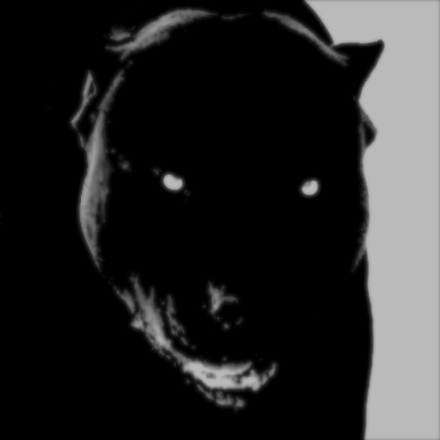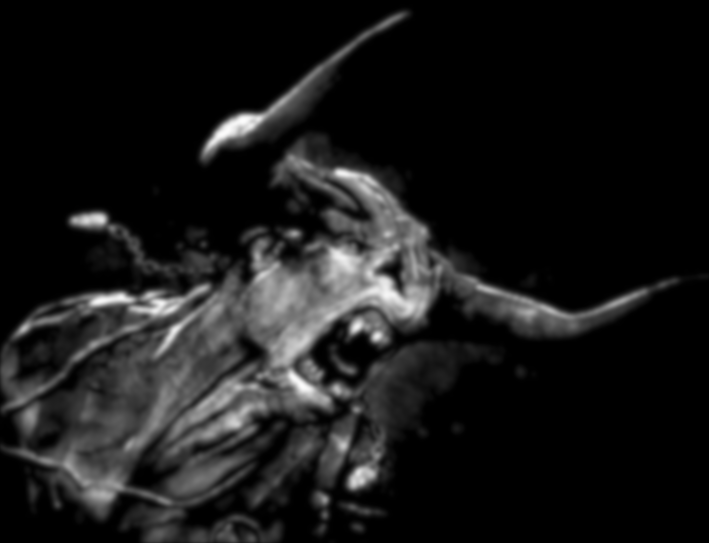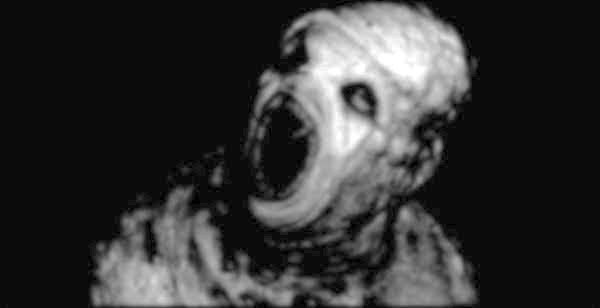What Are the Seven Deadly Sins?

Learn which demons are responsible for some of our darkest, most unforgiveable thoughts and behaviours. Behold, the Seven Princes of Hell.
Table of Contents
- Asmodeus: Lust
- Beelzebub: Gluttony
- Belphegor: Sloth
- Leviathan: Envy
- Lucifer: Pride
- Mammon: Greed
- Satan: Wrath
Overview
As far as Christian teachings are concerned, there are certain behaviours that we are all susceptible to—behaviours that lead us from a life of virtue to one of degeneracy. These are typically referred to as the Seven Deadly Sins, the Capital Vices or the Cardinal Sins.
They’re considered to be forms of excess, as they represent loss of control and the overindulgence of our natural biological inclinations.
Religious or not, it appears that many people are familiar with at least some of these sins. That being said, few people seem to be aware that not only are there demons associated with each one, but that these demons actively work to ensure that they spread among us. As it happens, our society often overlooks those responsible for the proliferation of the Cardinal Sins.
Explained below are the types of thoughts and behaviours associated with Seven Deadly Sins, as well as the demons who attempt to weave them into each and every one of us.
I. Asmodeus: Lust

Asmodeus, Lord of Lust, is primarily concerned with planting the seeds of unrestrained desire in our hearts.
Broadly, this desire could be for anything, i.e. not only sex. Despite this fact, Asmodeus displays a preference for invigorating our sex drives, leading to a host of potential immoralities. His victims are prone to commit adultery, rape, bestiality, necrophilia and numerous other paraphilias.
II. Beelzebub: Gluttony
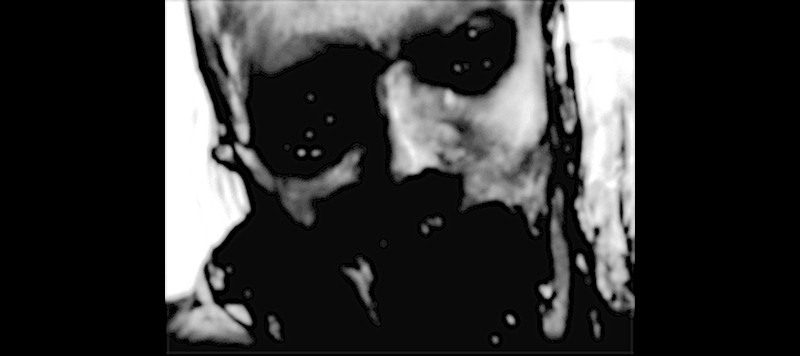
Beelzebub, Lord of Gluttony, engenders shameless overconsumption.
This has historically been in reference to food and drink, but can refer to consumables of any kind, such as drugs, fuel, media, etc. A society under this demon’s spell is one plagued by rampant, mindless consumption and an ever-increasing amount of pollution and garbage. Where there is consumption, there is waste. It is no mystery, then, why Beelzebub is also the Lord of Filth.
III. Belphegor: Sloth
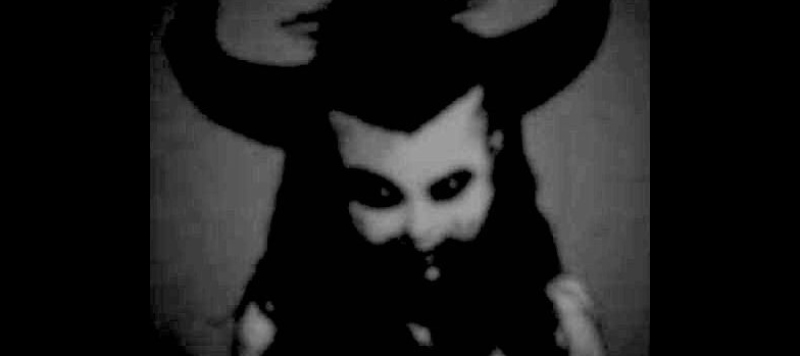
Belphegor, Lord of Sloth, coaxes us into inactivity and inertia.
This inertia has previously been interpreted in a number of ways, but what remains consistent is a propensity to exert ourselves as little as possible. One whom Belphegor afflicts shows little to no vitality, emotion, desire or concern—he or she is dead, yet alive.
IV. Leviathan: Envy
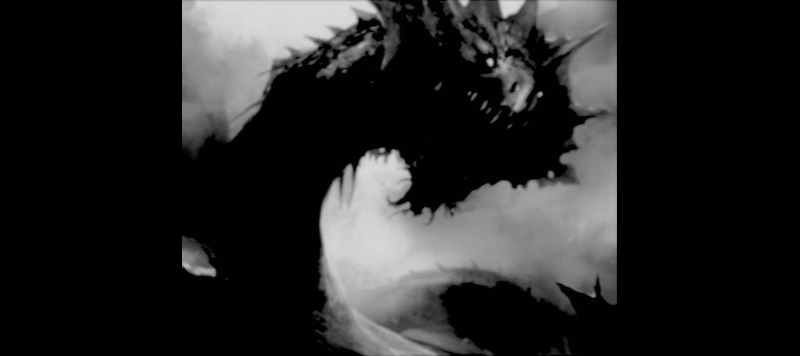
Leviathan, Lord of Envy, is responsible for the pangs of disgust one feels at the sight of another’s good fortune—particularly a fortune that one lacks.
Man is pitted against his neighbour and goaded into adopting a brutish, competitive lifestyle. In a world under Leviathan’s watch, the rabble struggles to survive in a chaotic free-for-all, where the welfare of the whole is disregarded in favour of the individual.
V. Lucifer: Pride
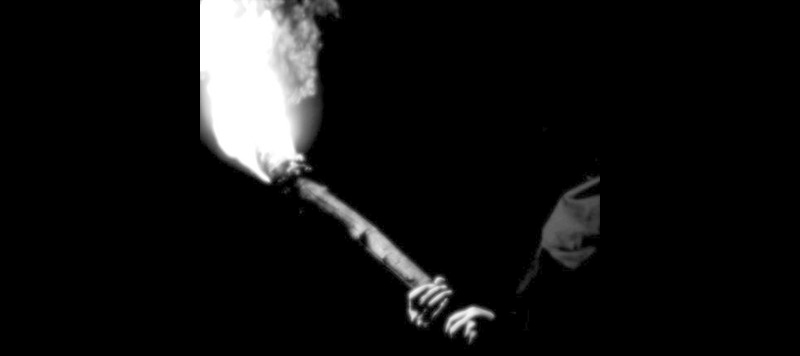
Lucifer, Lord of Pride, plants an egotistical arrogance inside our chests.
His victims are textbook narcissists, obsessed with self-aggrandizement and hyper-credentialism. For the excessively proud, it is not enough to live harmoniously with others; one must also be constantly on the lookout for opportunities to one-up those with whom one interacts on a regular basis.
VI. Mammon: Greed
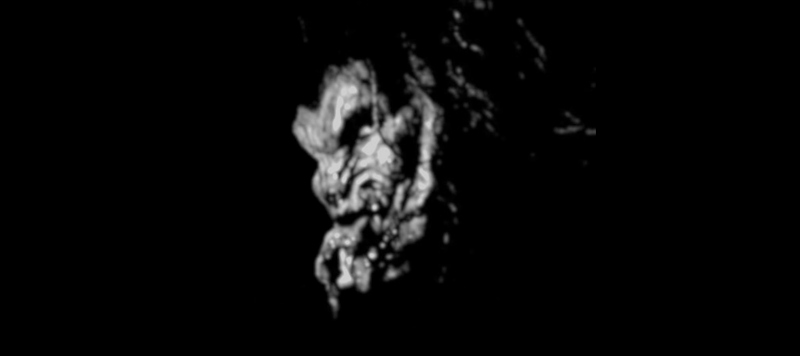
Mammon, Lord of Greed, infects us with a wanton insatiability.
Historically, this type of greed has been limited to monetary and material wealth, but, like Gluttony, it can manifest in the flagrant desire for anything at all. A person enslaved to Mammon doggedly strives to increase their riches, despite having more than enough to satisfy their every want and need. Not only this, but such a person often hoards their wealth, refusing to help the truly needy.
VII. Satan: Wrath
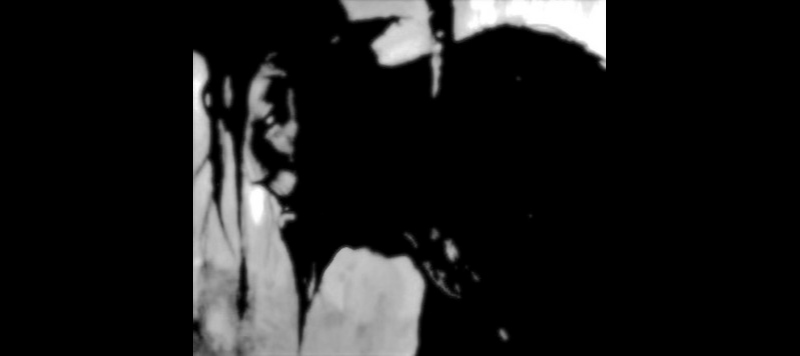
Satan, Lord of Wrath, arouses hatred and extreme anger in the pit of our souls.
Satan’s infamous wrath in the face of God may be considered the benchmark for unbridled fury. He delights in provoking people beyond their breaking point, sending them into a blind rage, the results of which are often disastrous, including, but not limited to, assault, murder, extortion, homicide, harassment and robbery.
Nota Bene:
The information provided in this article is chiefly derived from two historical texts:
- The Lanterne of Light (1409-1410), possibly by John Wycliffe
- The Princes of Hell (1589) by Peter Binsfield

By Marco Passaretti
Marco obtained his Master's degree in philology from the University of Cagliari. He has always been fascinated by the supernatural and maintains a strong appreciation for historically accurate occult fiction.

